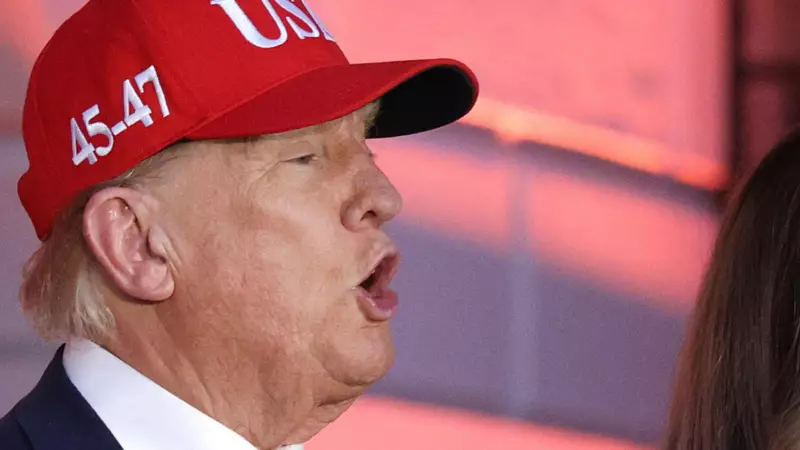
The world of academic physics is buzzing with controversy after former U.S. President Donald Trump received an unexpected nomination for the Nobel Prize in Physics. The nomination comes from Swiss physicist and long-time Trump ally, Pablo K. M. D'Acunto, sparking heated discussions among Canadian scientists and academics about the intersection of politics and scientific recognition.
The Unconventional Nomination
According to documents obtained by HuffPost, D'Acunto submitted his nomination for Trump based on what he describes as the former president's "peace through strength" philosophy. The physicist claims Trump's approach to international relations, particularly regarding space exploration and nuclear deterrence, deserves recognition from the Nobel committee.
D'Acunto, who previously nominated Trump for the Nobel Peace Prize in 2020, argues that the former president's policies created stability that benefited scientific advancement globally. However, this rationale has left many in Canada's scientific community scratching their heads.
Canadian Academic Reaction
Dr. Evelyn Markham, a physics professor at the University of Toronto, expressed skepticism about the nomination. "While political leaders can certainly influence scientific funding and direction," she noted, "the Nobel Prize in Physics traditionally recognizes specific, verifiable scientific discoveries or theoretical breakthroughs."
Several Canadian universities have seen increased discussion among faculty and students about the nomination's implications for the prestigious award's credibility. Many are concerned about maintaining the integrity of scientific recognition separate from political considerations.
Historical Context of Nobel Nominations
The Nobel nomination process allows thousands of people worldwide to submit candidates, including:
- Members of national assemblies and governments
- University professors in relevant fields
- Previous Nobel laureates
- Members of specific international courts and organizations
This broad eligibility means nominations occasionally extend beyond traditional scientific boundaries, though few have generated as much discussion as Trump's physics nomination.
The Science Community's Stance
Canadian scientific organizations have been cautious in their responses, emphasizing the importance of maintaining rigorous standards for physics recognition. The nomination comes at a time when Canada is investing significantly in quantum computing and other advanced physics research, making the conversation particularly relevant for the country's academic community.
As the Nobel Committee reviews this year's submissions, the Trump nomination serves as a reminder of the complex relationship between scientific achievement, political influence, and international recognition. The final decision won't be announced until October, but the discussion has already highlighted important questions about what truly constitutes groundbreaking contributions to physics.





